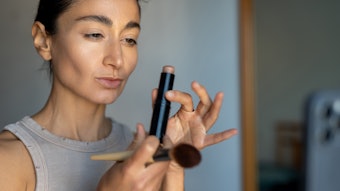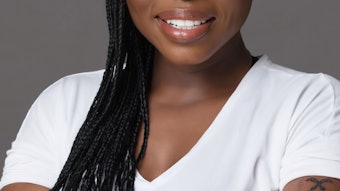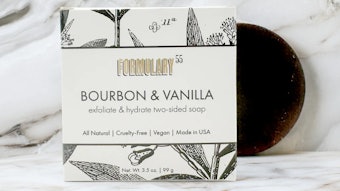Boots UK has begun offering a new service in 668 stores that accurately measures color values of customers’ skin with a specially designed X-Rite instrument, and then identifies the closest color match among the No7 Foundation collection.
More than 1,000 No7 advisors have been trained to carry out the No7 Foundation Match Made Service, which uses a handheld X-Rite (parent company of Pantone) spectrocolorimeter to identify the color of a customer's skin, then precisely targets the closest matches among 17 colors of No7 foundations across a number of formats.
The No7 Foundation Match Made Service is the result of more than three years of research and development by Boots UK. The research included the measurement of skin tones of more than 2,000 British women to create a whole new shade palette of skin-true foundation shades unique to No7. "Our researchers found that 78% of women in the U.K. said they would change their foundation if they could find a better match," said Joanne Watson, innovation Technologist, Boots UK. "Our customers who have used the No7 Foundation Match Made Service say it delivers on providing accurate, better matches. They are very, very satisfied with the results."
Watson said that early trials of the system showed women appreciated the experience of having their skin tones measured with a sensitive instrument that could give more accurate and objective color readings, no longer relying on in-store lighting conditions. The device shows a digital photo of a person's skin, and the foundation color that is the closest match.
Boots UK selected the device from X-Rite because it provided a robust method of color measurement and was easy for advisors to use and keep on their person, Watson said.
Matthew Adby, product/market manager for X-Rite, who oversaw the European introduction of the device, said X-Rite engineers customized aspects of the device's firmware to handle some of the unique challenges of measuring a person's skin accurately. He said they had to take into consideration the translucent nature of skin, its texture and variations in color in a small measurement area. The device employs proprietary camera technology that illuminates the skin from three different directions while simultaneously recording 27 color-accurate images within two seconds. With eight different visible illuminations and one ultraviolet illumination, the instrument is able to more accurately define the location of a skin tone in color space.
"Using an instrument of this quality really resonates with our customers," Watson said. "It takes the guesswork out of trying to find a shade since there is so much choice in the market now. They particularly like that the Match Made device has its own internal light source, so the lighting in the store doesn't impact the way the shade is selected."
Sales advisors like the Match Made device's compact size and the fact that it is light weight too allows them to wear the instrument around their necks if they wish. The device is powered by a lithium ion battery that lasts through a whole day of measuring customers before it needs recharging. "Personalization is the future of cosmetics," Adby said. "People are embracing the use of technology to help them to decide easily what cosmetic they want from today's many choices."
In the U.S., a similar collaboration between Pantone and Sephora was launched in mid-2012.
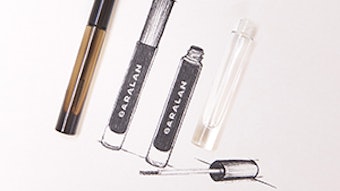
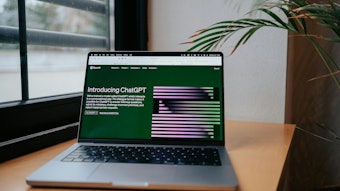

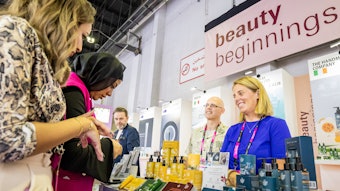

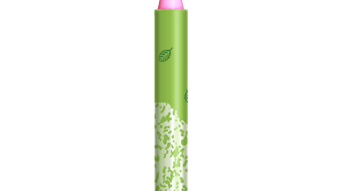
![According to the Personal Care Products Council, 'Between 1990 and 2022, the [U.S.] personal care products industry generated a trade surplus every year, reaching $2.6 billion in 2022...'](https://img.gcimagazine.com/mindful/allured/workspaces/default/uploads/2025/08/adobestock-353393403.MryFiCWzOJ.jpg?auto=format%2Ccompress&fit=crop&h=191&q=70&w=340)
